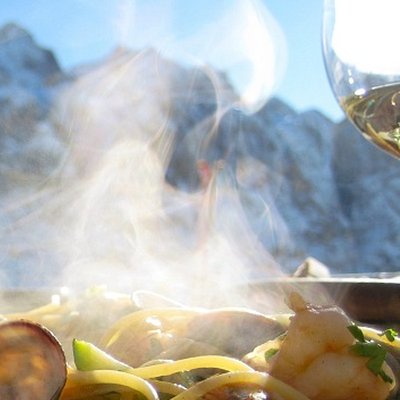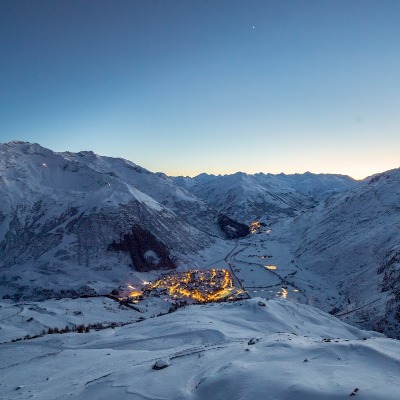MANOVA, Federal Association Of Austrian Tourism Managers (BOTM) & Austrian Hotel Association Produce Major Destination Analysis

Go big, go international: this is the motto of the new edition of the destination study by MANOVA, the Federal Association of Austrian Tourism Managers (BÖTM) and the Austrian Hotel Association (ÖHV). The analysis indicators (absolute and relative increase in overnight stays as well as the status quo and the change in occupancy, market share, seasonality and internationality), which were slightly adapted in coordination with destination representatives, were stretched for the first time across the DA-CH region and South Tyrol in order to assess the performance of the individual To measure and compare regions in the years between 2019 and 2021: "The addition of the international perspective was a logical step in further development. Competition doesn't end at the national border, so the analysis shouldn't either," explains BÖTM President Mag. Mathias Schattleitner the new and broader benchmarking approach. From many other surveys we know that the alternatives to the holiday destination are often in neighboring countries. This was particularly evident during the Corona crisis.
International Ranking: Performance Factor Corona Policy
Not only the pandemic, but above all the political handling of the topic have left their mark in an international comparison based on hotel overnight stays: While city tourism was still booming in 2019 and a total of 7 urban destinations were among the top 10 - Munich and Vienna were in the top two places - the picture changed in the first year of the crisis, 2020. Switzerland occupied the first 7 of the 10 top places, the cities have disappeared from the top rankings and fallen far down. Clear winner: the mountains. "The Alpine destinations benefited from the very good winter business before Corona and were able to achieve huge increases in demand and capacity utilization in the summer, especially in Switzerland," explains study author and MANOVA Managing Director Klaus Grabler. The Corona policy factor becomes clear for the first time in the ranking: While the Austrian regions still had a fundamentally very good result in the months in which tourism was possible, they inevitably fell behind the Confederates due to the forced closures in winter 2020/21. The situation worsened further in 2021: due to the corona restrictions, only Swiss destinations are represented in the top 10 international destinations. In addition to the mountains, destinations on the water scored particularly well. "If the study shows one thing clearly, it's that: the forced closures of businesses were poison for Austria as a tourist location. They caused lasting damage, cost employees and financial resources and catapulted us backwards in terms of competitiveness. DA-CH top ten without an Austrian destination would have been unthinkable before 2020,” says ÖHV General Secretary Dr. Markus Gratzer summary.
The best from Austria
"The big trends, the triumph of the mountains and the popularity of the lake destinations are also reflected in the inner-Austrian ranking," says Grabler, summarizing the performance of the domestic destinations. Unlike the international comparison, the national listing is based on all types of overnight stays. The result in detail: In 2019, the cities also dominated in Austria, with Vienna leading the way. The major mountain destinations Serfaus-Fiss-Ladis, Zell am See-Kaprun and the Ötztal are in 7th, 8th and 10th place. Parallel to international developments, the cities disappear from the ranking in the first year of the crisis, 2020. Salzburg destinations, above all Saalfelden-Leogang, dominate. In 2021 the field will come even closer together and the hour has come for destinations in the east of the country: Lake Neusiedl wins the ranking, With the Waldviertel and the Vienna Alps, two Lower Austrian destinations are in the top rankings. Regions with a focus on winter were without a chance due to the forced closures.
Important: a normal winter!
“Especially for the winter destinations, it is important that there is a plannable season again. Many rural regions depend on the added value from tourism. After the last three challenging winters, including the total failure in 2021, further setbacks would be difficult to cope with,” Schattleitner points out. Gratzer takes the same line: “The politicians’ promise for autumn and winter that lockdowns are a thing of the past must be kept. Further failures push the operations in the winter destinations to their limits.”













